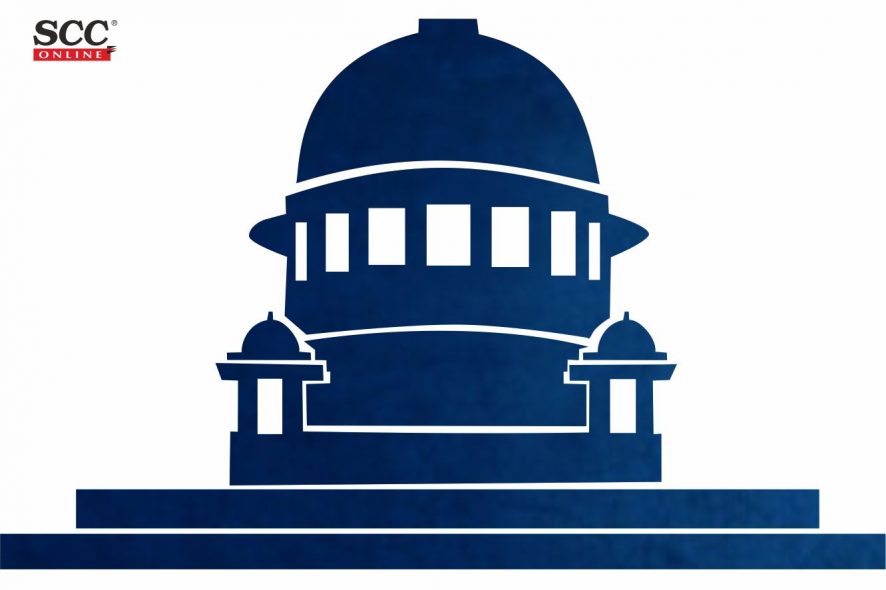Supreme Court: The bench of Surya Kant and Aniruddha Bose, JJ has held that the strict principles of evidence and standards of proof like in a criminal trial are inapplicable in Motor Accident Claims cases.
“The standard of proof in such like matters is one of preponderance of probabilities, rather than beyond reasonable doubt. One needs to be mindful that the approach and role of Courts while examining evidence in accident claim cases ought not to be to find fault with non-examination of some best eye-witnesses, as may happen in a criminal trial; but, instead should be only to analyze the material placed on record by the parties to ascertain whether the claimant’s version is more likely than not true.”
The Court was hearing the case relating to an accident resulting into the death of a 34-year-old man named Sandeep who was survived by his wife widow, two minor children and a mother; all of whom were dependent on him. His dependents had claimed Rs 60,94,000 as compensation alleging, inter alia, that Sandeep died as a result of the injuries suffered in the abovementioned accident of 25.03.2009, which occurred due to the rash and negligent driving of one Sanjeev Kapoor, the ownercum-driverof the car in which Sandeep was travelling.
Sanjeev disowned responsibility for the accident by asserting that it was the truck which was coming from the opposite side at a very fast speed, and was being driven in a rash and negligent manner.
According to an eyewitness, however, Sanjeev was driving the car at a very fast speed when it overtook a vehicle and collided headon against the oncoming truck. The Credibility of the eyewitness was questioned.
Noticing that the eyewitness had, acting as a good samaritan and a responsible citizen, taken the injured persons to the hospital, the Court said that it is commonplace for most people to be hesitant about being involved in legal proceedings and they therefore do not volunteer to become witnesses. Hence, it is highly likely that the name of Ritesh Pandey or other persons who accompanied the injured to the hospital did not find mention in the medical record. There is nothing on record to suggest that the police reached the site of the accident or carried the injured to the hospital.
“Without any personal interest or motive, he assisted both the deceased by taking him to the hospital and later his family by expending time and effort to depose before the Tribunal.”
Further, it is quite natural that such a person who had accompanied the injured to the hospital for immediate medical aid, could not have simultaneously gone to the police station to lodge the FIR. Hence, the High Court ought not to have drawn any adverse inference against the witness for his failure to report the matter to Police especially when the police had themselves reached the hospital upon having received information about the accident.
Not impressed with the way the High Court had approached the matter, the Court said,
“Unfortunately, the approach of the High Court was not sensitive enough to appreciate the turn of events at the spot, or the appellant-claimants’ hardship in tracing witnesses and collecting information for an accident which took place many hundreds of kilometers away in an altogether different State.”
[Anita Sharma v. New India Assurance Co. Ltd., 2020 SCC OnLine SC 1002, decided on 08.12.2020]



